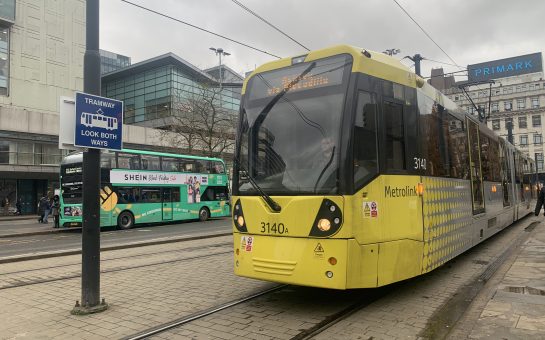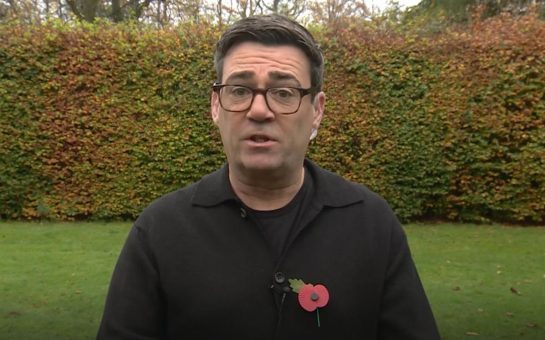Transport for the North (TfN) has asked the Government to re-think the ineligibility of hydrogen trains for the UK’s renewable fuel obligations.
TfN hopes that the adoption of hydrogen trains will help the country meet promises to reduce emissions from rail and reduce worker and passenger exposure to air pollution.
This week Tees Valley was named as the country’s first Hydrogen Transport Hub, and experts are hoping this could pave the way for the use of hydrogen to power engines.
Hydrogen trains for Renewable Transport Fuel Obligation (RTFO) certificates had been previously rejected for not having internal combustion engines.
Strategic Rail Programme Manager for Transport for the North, Salim Patel, hopes that Tees Valley’s Hydrogen Transport Hub scheme will help hydrogen be more widely adopted as a fuel source, and possibly create a more favourable RTFO regime.
He says, “It is important that projects like this be incentivised to proceed, thereby demonstrating and increasing industry confidence in the technology.”
The Hydrogen Transport Hub scheme will pump £7bin into the region’s economy, creating hundreds of jobs. It would make Tees Valley the world’s “largest hydrogen refuelling facility,” the Department of Transport says.
Complementing the new Tees valley Net Zero Innovation Centre, Patel hopes that this investment will make Tees Valley the epicentre for the research, development and implementation of hydrogen train and other hydrogen transport technologies.
Other regions are joining the national push towards hydrogen and fuel cell research. Manchester Metropolitan University launched the £4.1mil Manchester Fuel Cell Innovation Centre in 2018.
Other investments include an announcement by the Department of Transport to “accelerate the UK’s ambitions in hydrogen” as part of a masterplan to be released in January.
Hydrogen fuel in mass transportation has been seen as critical on the road to having net zero emissions by the UK government as well as international bodies such as the European Commission.
With current hydrogen production methods, hydrogen vehicles can emit 10 to 40 per cent less greenhouse gases than vehicles that use fossil fuels.
However, the costly investment needed to adopt hydrogen-fuelled vehicles has obstructed its early and rapid adoption in transport.
Unlike electric vehicles, vehicles that run completely on hydrogen fuel cells would require new charging infrastructure and grid upgrades.
Cheaper options of adoption include integrating a hydrogen system into a train’s existing internal combustion engine.
The first hydrogen train in the UK was debuted last week.
The HydroFLEX train retrofitted a Class 319 model passenger train, first built in 1987, with hydrogen tanks, fuel cells, electric motors and battery packs.
Using hydrogen in transport may also compete with the Government’s biofuels policy, as the gas is a necessary element in producing biofuel.
This means hydrogen trains may encounter difficulties in receiving RTFO certifications, which place an obligation on transport suppliers to source 8.5% of their fuel from renewable or sustainable sources.




Join the discussion
It looks to me, that the Government is going the biofuels route, through Altalto, who plan to make aviation biofuel from household waste at Immingham. I have ridden the Alstom hydrogen train in Germany and although hydrogen is good for fuelling buses, heavy trucks and railway locomotives, I don’t think hydrogen will be a successful fuel for passenger trains until a purpose built hydrogen train is designed.
Hitachi launched their Regional Battery Train a couple of months ago and I feel it is a better bet, than hydrogen. It will also be able to run at 125 mph on electrified lines like the West Coast Main Line.